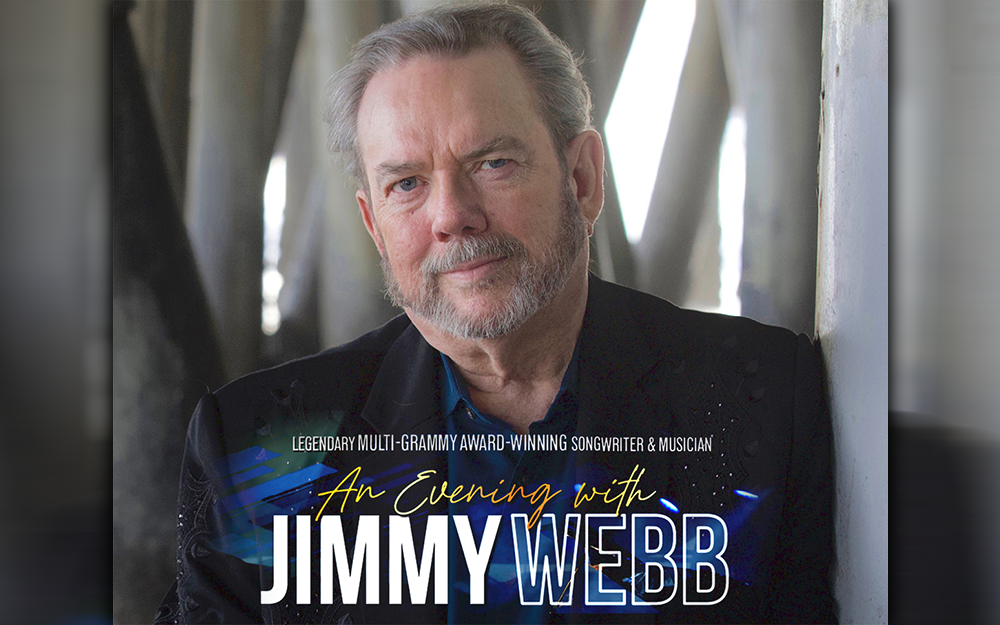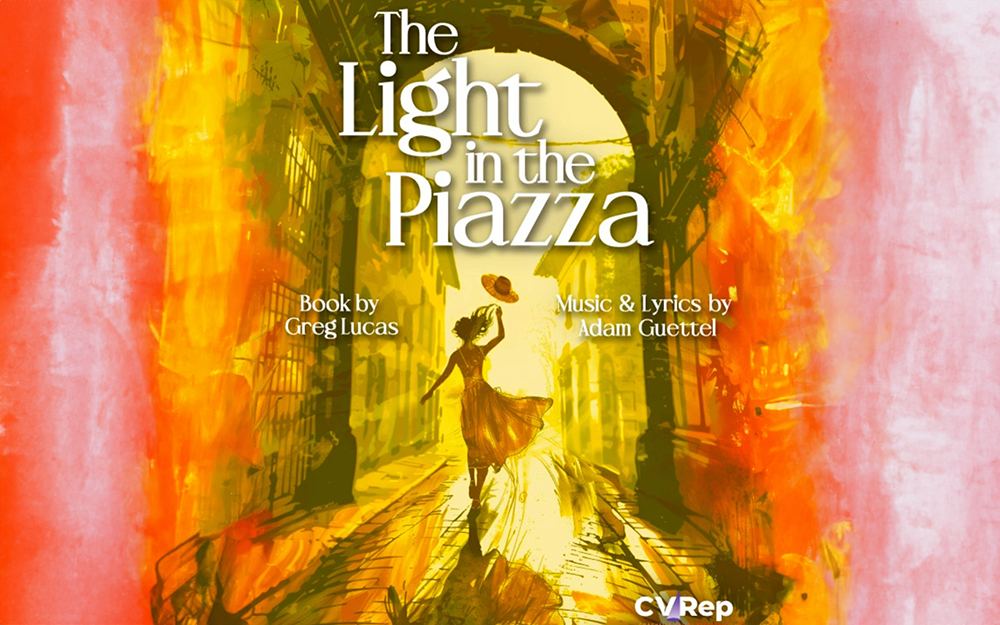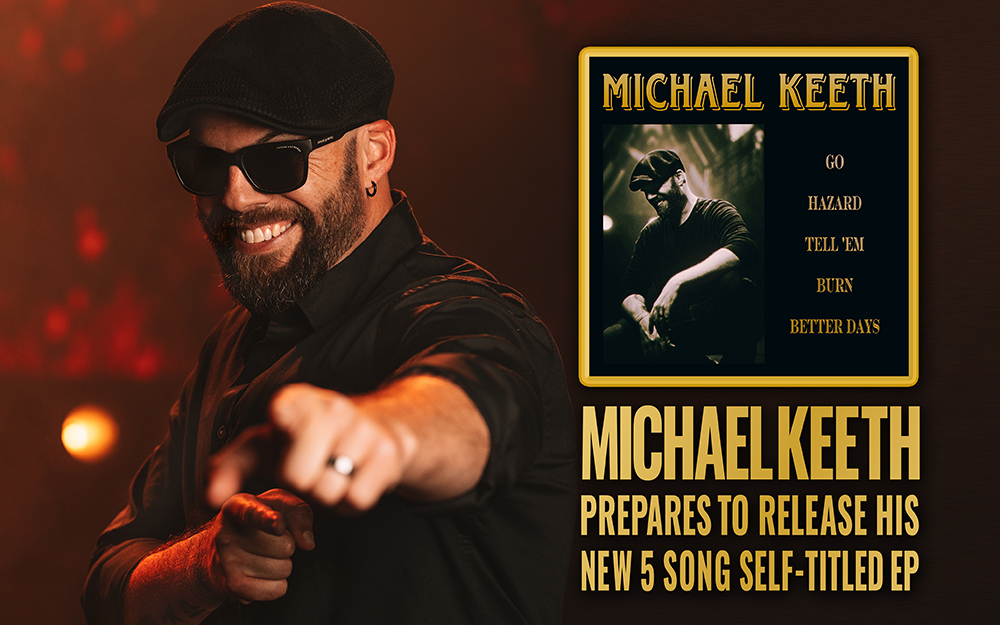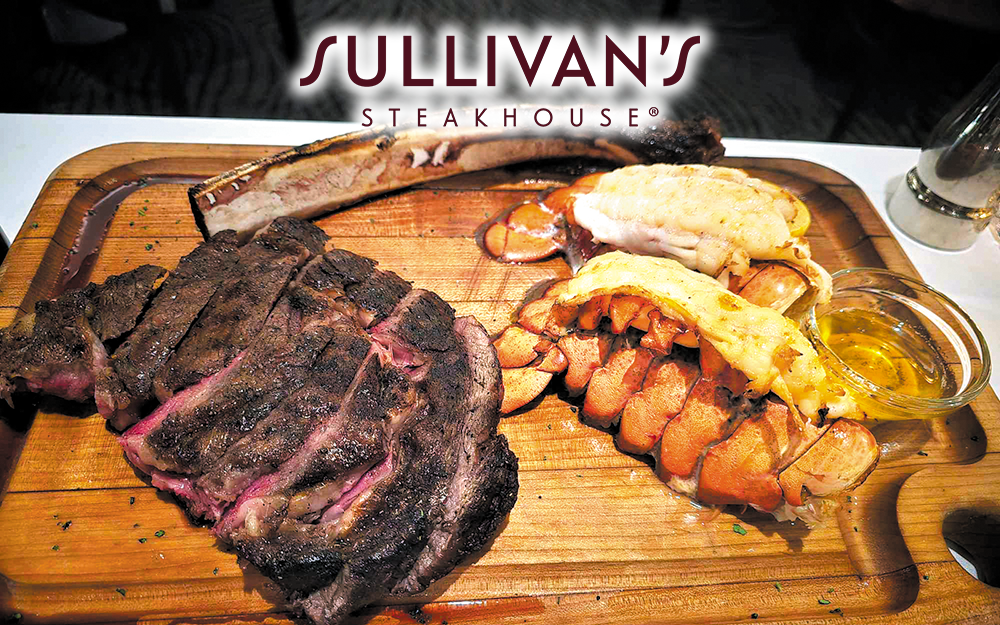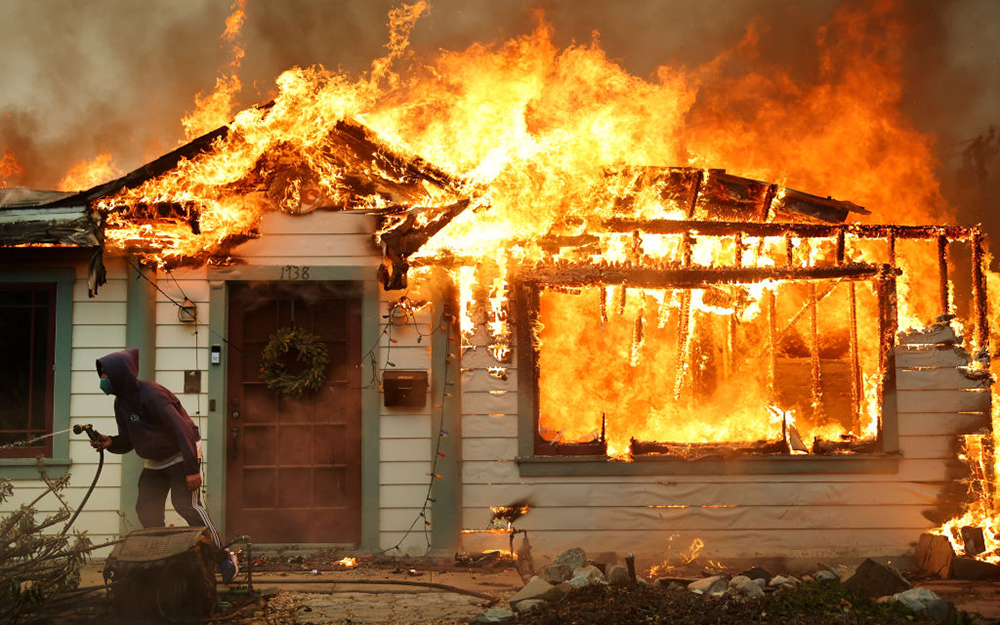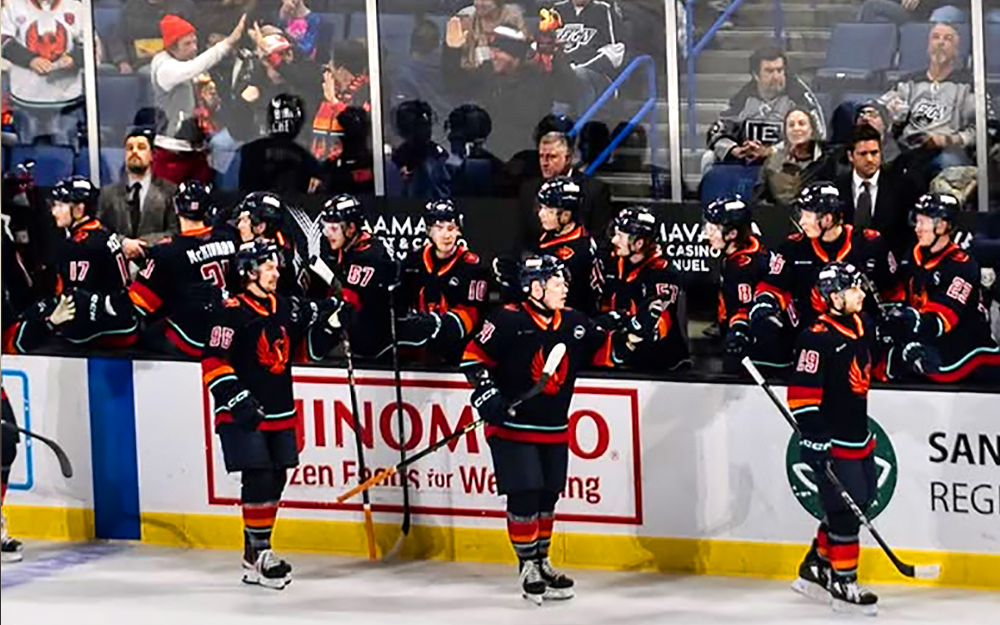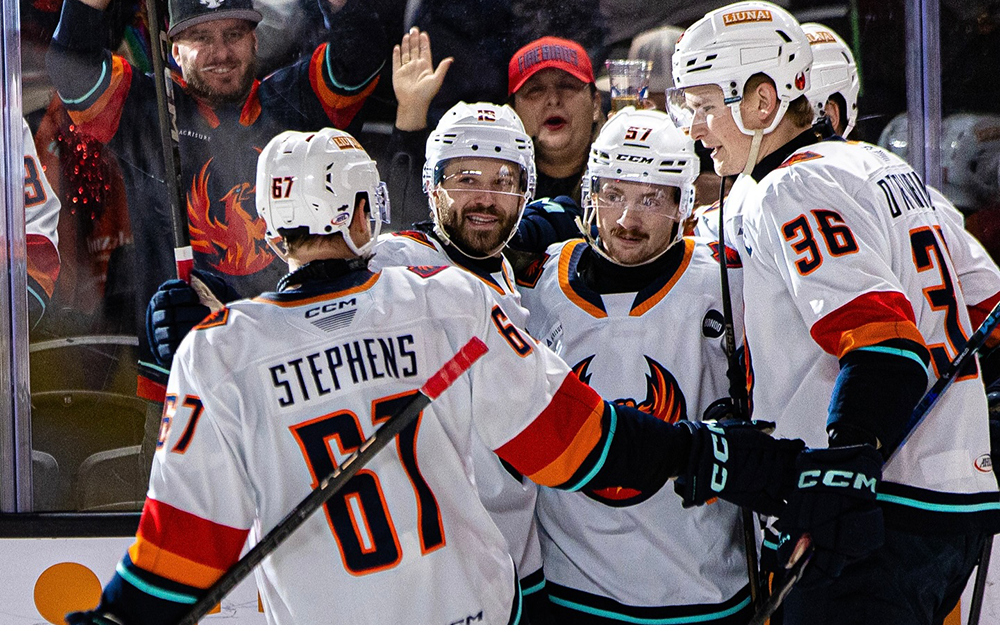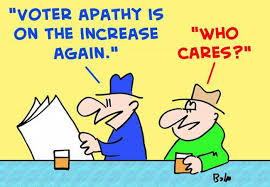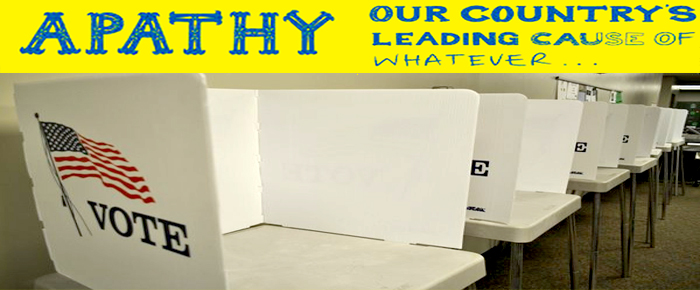
By Haddon Libby
Voter turnout on Tuesday, November 4th, is expected to be at the lowest levels in over a decade with fewer than two in five registered voters participating.
One of the key reasons cited by many Americans as the reason that they do not vote is because elections occur on Tuesdays. Tuesdays were chosen as Election Day in 1845 when America was principally a country of farmers. Back then, one had to get in their horse and buggy and travel to the county seat in order to vote. They also had to be white, male and a property owner of at least 50 acres. Congress chose Tuesday as they did not want to interfere with the days of worship between Friday and Sunday. As Wednesday was typically a market day where men sold their goods, Tuesday seemed like the best day possible.
In the current world, we are now an urban society where children, work and commuting consume the majority of our weekday time.
Additionally, the majority of Americans do not feel that their vote matters or will make a difference. Some do not vote because they do not feel informed while others will not even register to vote for fear of being called on jury duty.
As is the case in most elections, fewer than one in five voters who are under the age of 29 are expected to participate. A Harvard University study found that the majority of younger voters do not trust institutions like the government, military, Supreme Court and religious organizations. Many felt that politicians are selfish while their votes would yield no tangible benefits to themselves. As such, younger voters prefer to get involved in community service where they can make a difference through their active efforts.
The last time that voter turnout was as low as is expected this year was in 1998 when the majority of Americans were satisfied with the job that President Clinton and Congress were doing. This time, the vast majority of Americans are unhappy with the efforts of both President Obama and Congress. In recent elections, Americans would typically vote out the party in power in hopes of change. As power is split between both parties at present and four in five Americans feel that the country is going in the wrong direction, there is no clear alternative for an unsatisfied voter.
A large majority of Americans believe that both Congress and the President have no resolve to work together and fix things. There is a widespread and growing plurality of Americans who believe that neither party has their best interests at heart.
This opinion is a stark contrast to 2002 when 70% of all Americans were satisfied with the direction of the United States. By the end of the Bush administration, only 7% of Americans were satisfied as our country was suffering through its worst economic recession in seventy-five years. As Obama came to office, satisfaction rose to 36% before descending to a low of 11% near the end of 2011. At present, less than one in four Americans are satisfied. In a relative sense, Democrats are the happiest with 36% satisfaction, independents at 22% and Republicans at 9%. These satisfaction levels are the lowest levels ever polled by Gallup leading up to a midterm election.
A recent Gallup Poll showed that 40% of Republican-leaning voters had thought about the election with 44% likely to vote. Only 28% of Democratic-leaning voters had thought about the election with only 25% likely to vote.
With such dissatisfaction, why will the majority of incumbents be reelected? If people are so dissatisfied, why don’t more people vote for challengers?
Study after study comes to the same conclusion: voter ignorance and apathy.






